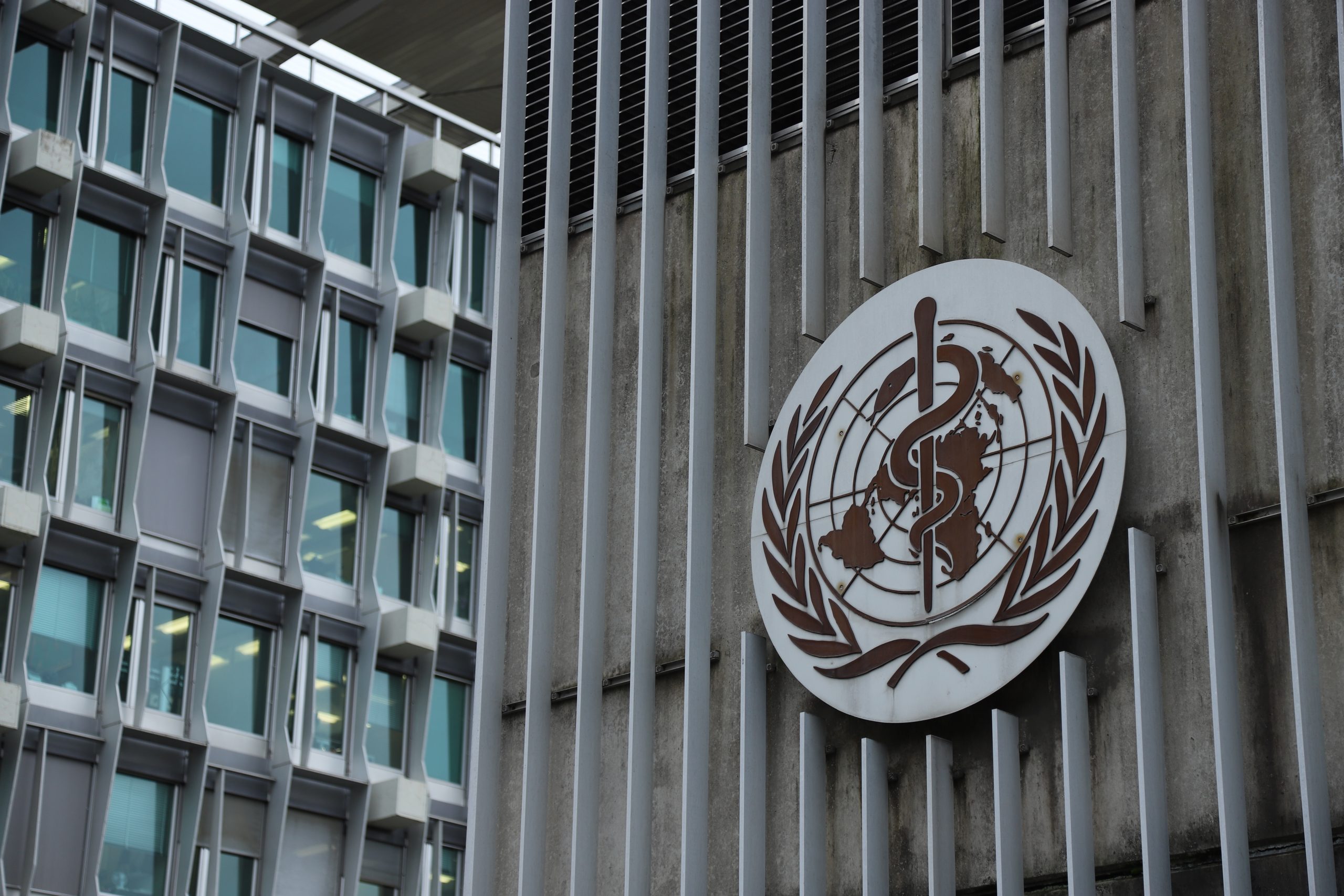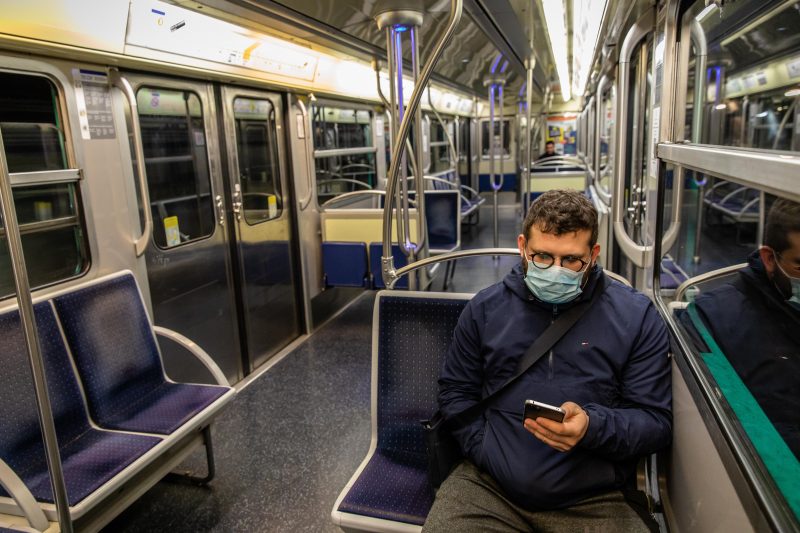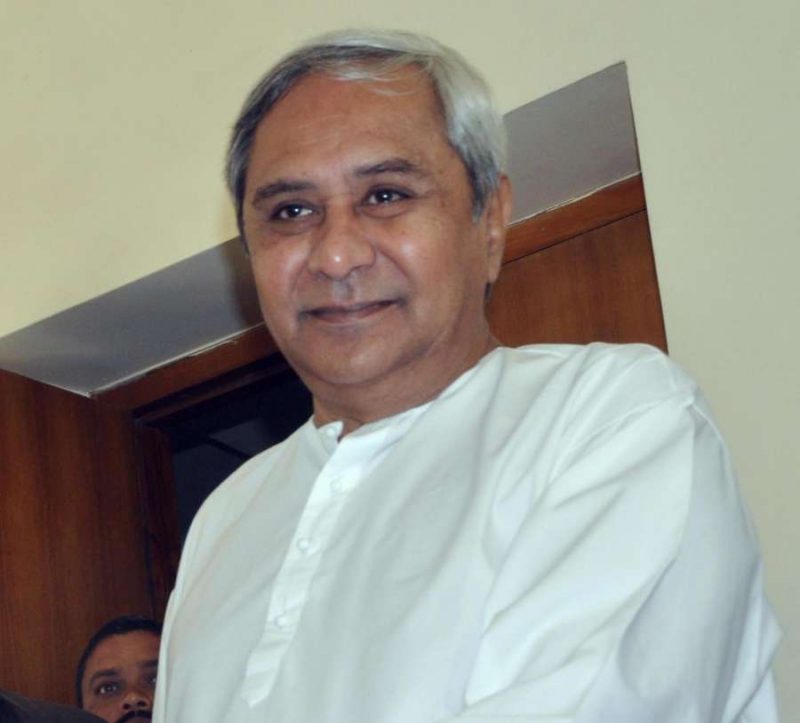The World Health Organization (WHO) said on Wednesday that it would increase the organization’s funding and improve funding quality in order to expand programs and help countries that need support.
“As part of the transformation agenda, we have developed the first investment case, and we have developed a strategic plan to mobilize resources… we have also developed a strategy to build a foundation which we hope would be established soon and looking for new sources of funding and also expand our donor base,” WHO Director-General Tedros Adhanom Ghebreyesus said here at a press conference on Wednesday, stressing that transformation “has nothing to do with the current situation”, Xinhua reported.
“WHO’s budget is very, very small, it’s not more than $2.3 billion a year and that’s very small… Imagine the budget of a medium-sized hospital… for WHO, which is actually working in the whole world,” he said.

“We started the transformation three years ago. So, we’re working on it and we hope that the challenges we’re facing with regard to financing will be resolved,” he added.
He said the WHO already has a complete strategy to raise funding. “Hopefully when this strategy actually is implemented — we have started already implementing — we don’t see it in terms of just mobilizing funding, but we will expand and strengthen our programs and deliver better to the world to those who need our service.”
The WHO chief also highlighted the organization’s strategy to improve the quality of funding.
“When we started this strategy as part of the transformation, the objectives are to increase funding and improve the quality of the funding itself. And that’s what we’re doing and I hope this will bring better results … and we will expect more money but more importantly better quality money,” he added.
Dr Michael Ryan, executive director of the WHO Health Emergencies Programme, said the organization’s “greatest concern” is the core budgets — life-saving funds for frontline health services in some of the most difficult places in the world.
“Much of the U.S. funding that reaches us here actually goes directly out in the emergencies program to humanitarian health operations all over the world, in all sites of fragile and difficult settings. It’s… actually the greatest proportion of funding that we receive from WHO within the emergencies program,” Ryan explained.
“We’ll obviously have to work with other partners to ensure that those funds can still flow,” he stressed.
“So this is going to be a major implication for delivering essential health services to some of the most vulnerable people in the world. And we trust that other donors will, if necessary, step in to fill that gap,” he said.








